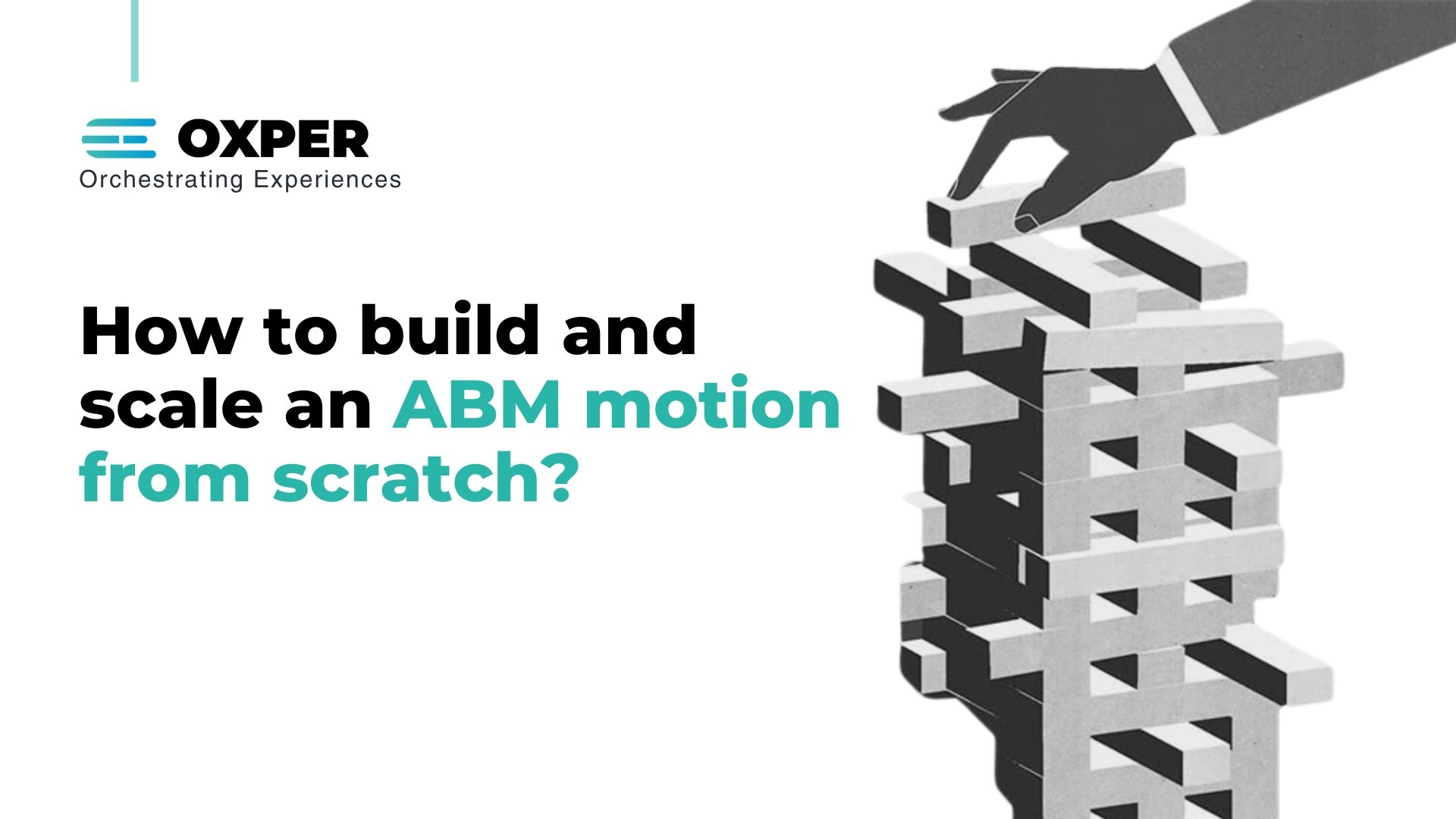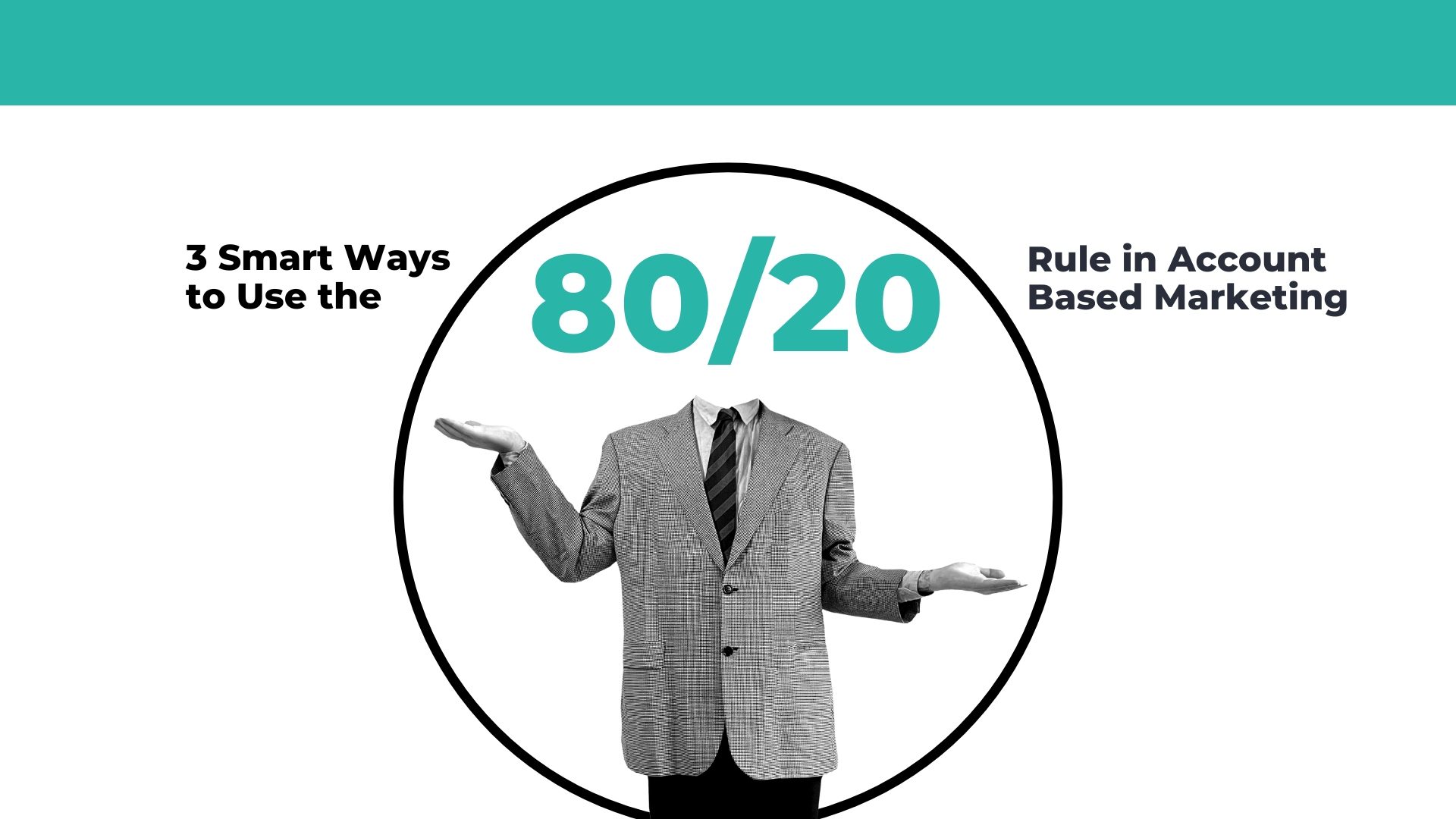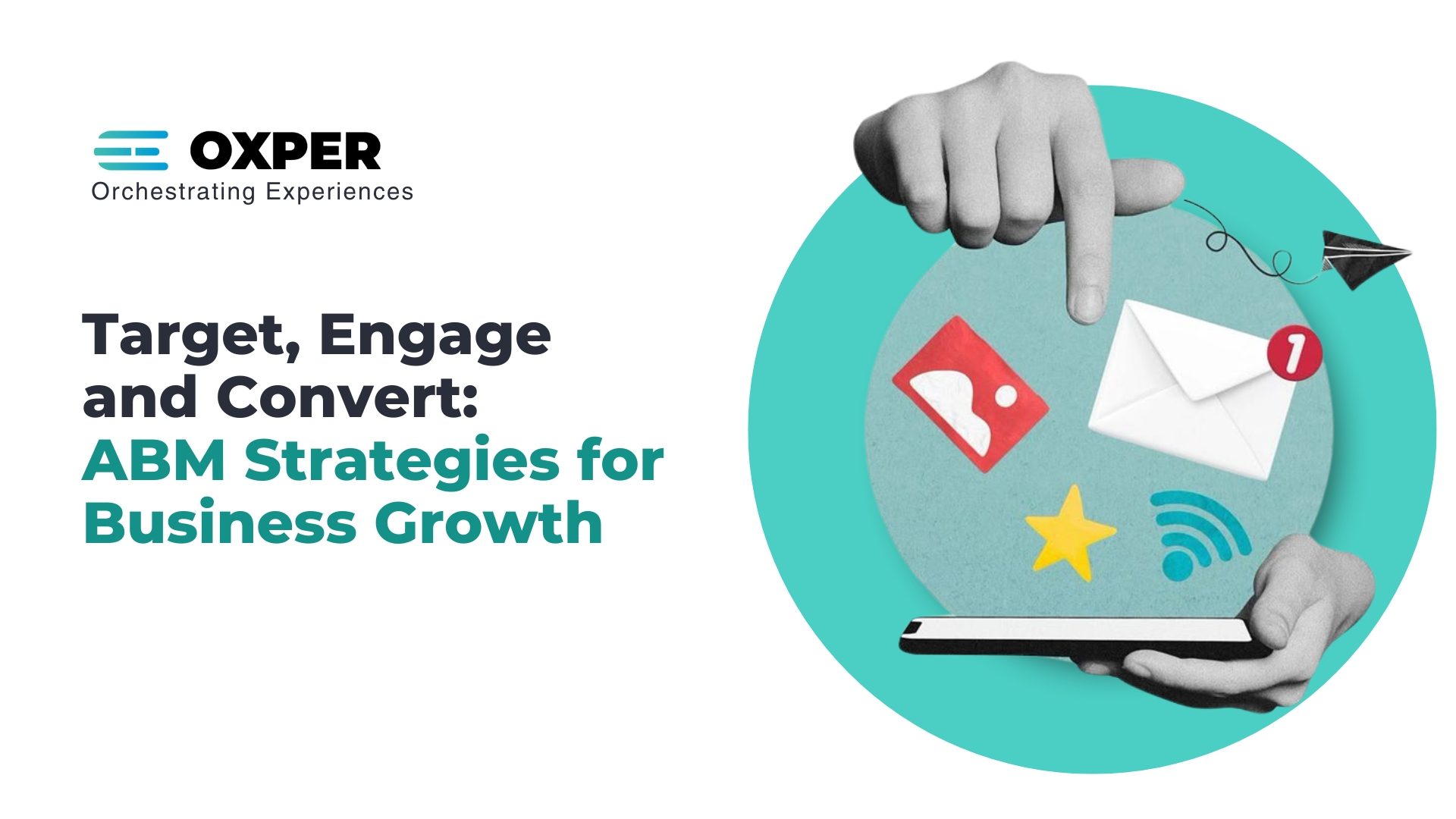Businesses struggling to decide if their hiring needs can be fulfilled by an in-house team or recruitment agencies must know the pros and cons of both approaches.
Talent mining for every organisation, be it a large enterprise or a small business, is a complicated and continuous process. Most companies either have in-house recruitment functions or partner with recruitment agencies for their talent acquisition needs. However, last year’s pandemic and the unique challenges it threw up for businesses, have seen many organizations choose the middle path – keeping a small in-housing recruitment team, while outsourcing to partner staffing agencies as well to close urgent positions.
Be it an in-house recruitment team or staffing agencies, hiring processes today, are switching to recruitment marketing in order to land candidates into their hiring funnel. Especially because despite COVID-19, the unemployment rate is at an all-time low, and the best candidates are passive job-seekers, who aren’t actively looking for a job, because they already have one. In this scenario, merely posting your open positions on job boards can hardly attract them.
When an in-house team of recruiters invests their time and efforts to set up the elaborate recruitment marketing process to drive inbound recruitment, other critical HR duties like onboarding, settling in and training new hires, employee engagement are put on the backburner. Partnering with staffing agencies helps organisational hiring managers unload the burden of scouring for high-quality talent, as they already have a systemised and agile process in place to serve the multifaceted demands of modern hiring. A third-party recruiter can understand and analyse your hiring needs to deliver SMART (Specific, Measurable, Achievable, Relevant, Time-bound) outcomes by running dedicated recruitment marketing automation campaigns.
Even so, before outsourcing the hiring process, companies may want to reflect on budgets and set goals for their partner staffing agency and assess at least a couple before rolling out the contract. The dilemma that organisations and in-house HR managers grapple with before deciding to build an in-house team of recruiters or partner with an external recruitment marketing agency can be resolved by mapping out the pros and cons of both approaches.
Recruiting through in-house teams or through recruitment agencies?
Global tech corporates like Dell, Oracle or IBM lean more towards having a fully functioning in-house recruitment team focussed on hiring world-class talent. However, it doesn’t mean that only a strong in-house HR team can help you win the talent war.
Start-ups that may be new to hiring or are faced with time and resource crunch to set up a hiring process, or companies with unique role requirements may benefit immensely by outsourcing recruiting to a third-party agency. So, here are some of the considerations when deciding whether or not to enlist outside expertise in hiring:
1. COST
The biggest argument in favour of in-house teams is that they save you steep fees that an external recruitment firm charges. However, internal hiring may also not turn out to be cost-effective if the hire turns out to be a bad one. Realising a few months down the line that the recruit does not perform as well as expected in their new role and needs to be replaced can turn out to be extremely costly for your business, both, in terms of time lost and financially (the average cost of a bad hire is 2-3 times the person’s salary), taking you right back to square one of the hiring process.
Now, of course, a third-party agency cannot absolutely guarantee a successful hire any more than an in-house team can, but they bring a greater level of expertise and thoroughness to their search. In this context, using an outside specialist can, in many cases, be the more cost-effective route, even if the initial expenses are higher. It’s also worth noting that you only need to pay these external firms as and when you need them. But keeping a highly-skilled in-house recruitment team on the books, will continue to be a financial drain on your company, even though you may not need them all the time.
2. INDUSTRY KNOWLEDGE
On the face of it, the in-house recruiter seems to have an edge here, since they intimately interact in the organizational culture on an everyday basis. External recruiting agencies may have lesser clarity about the company’s objectives, vision and needs. This, may in turn, affect whether or not they hire candidates compatible with the company’s culture.
3. TALENT
There is no question that there are many remarkable recruiters working in both agency and in-house environments, but the external search firms get the lion’s share of the outstanding candidates, as they have bigger incentives linked to each position they close.
Besides incentives, agency recruiters also work on the hiring requirements of several companies, which helps to have an increasingly varied workflow which is not possible in an in-house recruitment team. Hence, top search firms tend to assemble a more robust team of recruiters to ensure every client is satisfied and retains them as their external recruitment team.
4. SPECIALISATION
In-house recruiters are tasked with a lot of administrative duties. They take on the role of HR generalists, as a result of which they cannot dedicatedly work on expanding the existing candidate database. Entry-level positions that do not need exceptional expertise can be handled very well by a good internal team.
On the other hand, an external search agency will have the most impact while recruiting for specialised roles at the senior or executive level. They have an extensive network of the top candidates to call upon regardless of whether those candidates are looking for a change of job or not. They also have a team of hiring specialists for each type of role – IT, Marketing, Sales, and across industries like pharma, healthcare etc. Most internal recruiting teams may find it difficult to achieve this level of specialisation, as they have their fingers in too many pies, except perhaps at some of the largest organisations that would actually train their in-house recruiters to build this expertise.
5. OUTREACH
It’s important to understand that identifying a strong list of candidates for any given role is only half the battle. The next mountain to overcome is reaching out to those 10% of the top senior level executives. Will they be keen to listen to an offer from an in-house recruiter calling them out of the blue to discuss a position?
Agency recruiters, on the other hand, have the opportunity to cultivate genuine relationships with talent, as they can approach them and discuss roles with the authority of a trusted advisor. Moreover, they could call candidates to keep up with their job requirements by finding out what their goals and aspirations are at the moment. Besides this, high-level or C-suite candidates too are often affiliated to recruitment agencies, as they are planning their career paths with leading organisations. For this reason, a rapport already exists and candidates are not only willing to pay more attention to the recruiter’s call, the recruiter also gains a nuanced understanding of the candidate as a person, enabling them to screen for culture-fit roles.
Now that we have listed the considerations for choosing an in-house or external team of recruiters, let’s also see the pros and cons of both agency recruitment teams and in-house recruitment teams, so you can make an informed decision based on the strengths and limitations of both.
AGENCY RECRUITMENT
PROS-
Many companies are drawn to the benefits of partnering with recruitment agencies that can provide them with the best recruitment marketing services. So, what are these benefits:
1. Shorter Hiring Cycles
Time is money for most organisations. A vacancy remaining unfilled for long can cause a significant dip in sales, hampered business operations, slow productivity, slack in company revenues and mar workplace morale.
A recruitment firm can move fast to fill a job role with the right talent, as they already have an established set of hiring practices, a thorough understanding of the talent market and an agile system in place to sift out any mismatched candidates at the very beginning of the screening process. Their extensive candidate network also extends to passive talent, providing your organization with the high-quality candidates in a significantly shorter span of time.
2. Highly Qualifies Candidates
As mentioned earlier, partnering with a talent search firm will significantly improve the quality of candidates in your recruitment process. Recruitment agencies have a vast pool of talent with pre-screened and pre-referenced candidates, giving you access to carefully assessed and vetted candidates.
Agency recruiters are professionally trained in candidate evaluation, making them experts in selecting only the most qualified job-seekers. Having worked extensively with every kind of industry, their experience and adherence to best practices honed across industries and years gives them an edge to source out good candidates. Thus, when hiring for senior roles, companies despite having in-house capabilities prefer to outsource these positions to more acclaimed recruitment agencies.
3. Longer Employee Retention
Retaining talent is perhaps one of the toughest challenges an organisation faces. There is nothing more irksome than recruiting someone who decides to work for less than a month, making you go through the entire hiring process all over again.
But as a client, you won’t have to worry about employee retention rates, as all the best search agencies in the market offer you a guarantee period for the candidates they source, generally covering the candidates’ three-month probation period. So, if your new hire decides to walk out the door, they have you covered with a replacement candidate. Since, recruiters are focused on providing you with long-term hires, they are self-motivated to secure your position with candidates who are willing to stay for the long run.
CONS-
Working with staffing agencies comes with its own set of challenges. Here are some that your HR team needs to be aware of before teaming up with an external recruiter:
1. Costly Services
Agency recruiting is more expensive than building an in-house recruitment team and you will be paying for the privilege of using an experienced team of staffing professionals for your hiring needs. The fees may vary, from firm to firm, but it’s typically around 20 to 30% more than an in-house HR recruiter’s annual salary.
For every employee on board, you’ll have to bear the cost of the new hire, their training and development expenses, as well as the agency fee. These expenses are also aligned to the positions you are hiring for – mid and higher level management being assigned a higher cost from agencies compared to entry-level hires.. So, while it may be of value when headhunting for one or two coveted C-suite executive vacancies a year, companies on a tight budget may find it difficult to factor in this additional outlay for HR function into their annual budgets.
2. Cultural Gaps
Letting an outsider do the hiring comes with its own set of issues. While a recruitment agency can deliver the best-fit candidates for a certain position, they may not be able to assess a candidate’s cultural compatibility with their client’s organisation.
As opposed to an in-house recruiter, an external agency is unaware of your company’s cultural DNA and may offer candidates that fail to bond with your existing team, and turn out to be a source of constant clashes at the workplace. This can adversely affect teamwork causing business operations and revenues to take a hit.
With that said, there are some hiring agencies that go out of their way to become familiar with your company goals, vision and values. But they will never have the same understanding as your in-house talent hiring team who interact with different teams and understand their dynamics on an everyday basis.
3. No Employer Branding
When you outsource the hiring process to an external team, you resign yourself to their branding of your organisation, which may not be how your organisation wishes to project your business to new hires. You also miss out on building your own employer brand, the importance of which can’t be stressed enough while pulling candidates into your recruitment funnel.
Today, businesses must ensure every step of the recruitment process formulates, presents and promotes your reputation as an employer of choice. Putting talent acquisition in the hands of a third-party, can’t give you the complete control of creating this employer brand. There will be someone else at the helm of presenting and selling your brand to potential candidates, whose first impression of your company will be based on borrowed information.
IN-HOUSE RECRUITMENT
PROS-
For most organisations, sticking with an in-house hiring team entails the following positives:
1. More Control Over Hiring
An in-house recruitment team gives their organisation undivided attention, while staffing agencies work with multiple clients at the same time and juggle many hats beyond recruiting like creating and distributing personalised content for attracting more leads into the hiring funnel, social media strategising for employer branding, running automated drips, measuring and analysing outcomes or offering consultancy services.
As an employer, you will have superior control over your internal HR department. Team discussions too, are held in office and you can closely monitor every step of the HR hiring process. Even if there are inadequacies in the hiring, an organisation can realign in-house recruitment strategies to focus more on certain aspects than others.
2. Cultural Familiarity
An in-house recruiter will know your company culture and specific hiring needs better than any third-party recruiter. Furthermore, they can create rapport and improve candidate engagement through personal one-on-one conversations, providing prospects with a deeper understanding of the company ideals.
3. Transparency and Trust
In-house recruiters provide better engagement and communication between the employer and potential candidates. They can establish trust within candidates better than agencies, as there have been several instances where fraudulent third-party recruiters have asked gullible candidates for exorbitant charges to be placed in leading corporates.
An in-house team can also offer a better avenue for candidates to discuss and negotiate compensation, benefits and other terms of employment. When candidates have clarity about all norms, it ensures their long-term employment, if they decide to join the company.
CONS-
But before you start building your own team of in-house recruiters, consider these limitations of an internal HR function:
1. Longer Hiring Cycles
Finding the right talent can be trickier for an in-house recruitment team, as most of the talented and experienced candidates are already employed. Due to limited candidate data and access to a smaller talent pool, internal recruiters take longer turnaround times than external agencies in closing positions.
With lesser hiring experience than agency recruiters, an in-house team is often run by a single hiring manager, burdened with the load of all the paperwork and manual applicant tracking, that can further extend the hiring process, hampering business productivity.
2. Lack of Specialisation
While many staffing agencies specialise in hiring for particular jobs, in-house recruiters are more often generalists. Since, they need to focus on hiring for a variety of roles across different departments in an organisation, they sometimes lack the understanding of what a specific job entails compared to agency recruiters, who have experienced hiring for every kind of position.
3. Limited Candidate Source
Recruiting through internal sources could limit your choices by not casting a wider net into the talent pool, which enlisting the services of an external hiring agency can give you the comfort of. Thus, in-house recruiters may lose out on qualified candidates who can add real value to your business, and settle for mediocre talent instead.
Or worse, it’s a wrong hire, and you have to start the entire process of hiring potential candidates all over again.
Your HR team plays a crucial role in helping you retain your company’s top talent for a long time. Before you arrive at a decision to nurture an in-house team or outsource this function to recruitment agencies, ask yourself this, do you want to invest in long-term recruiting strategies or do you just need a quick fix?
Since internal and external recruiters both have their unique strengths and weaknesses, the most ideal approach for a business should be to have both these hiring teams work in tandem to achieve the best results.

Laureen Kautt, Founder of Volitionary Movement, LLC, a global talent acquisition consultancy, reiterates this approach.
“In a nutshell, hiring leaders who want to see the most success will typically use agency partners in conjunction with their in-house corporate recruiters to cast a wider net for talent. It’s less about looking for great recruiters in a specific place and more about leveraging both agency and in-house teams for best results.”
Hence, it makes sense to have a strong in-house team working in alliance with a candidate search firm as the “go-to recruiter” in case of additional expertise required in sourcing outstanding talent to fill a highly specialised role. When internal and external recruitment teams work as partners to attract the best resources for a business, you can be assured that the most efficient and effective talent is first available for you to choose from before your competitors can nab them.
If you’re still at crossroads with this decision, then avail the services of a talent consultancy agency or find a mentor to guide you.





